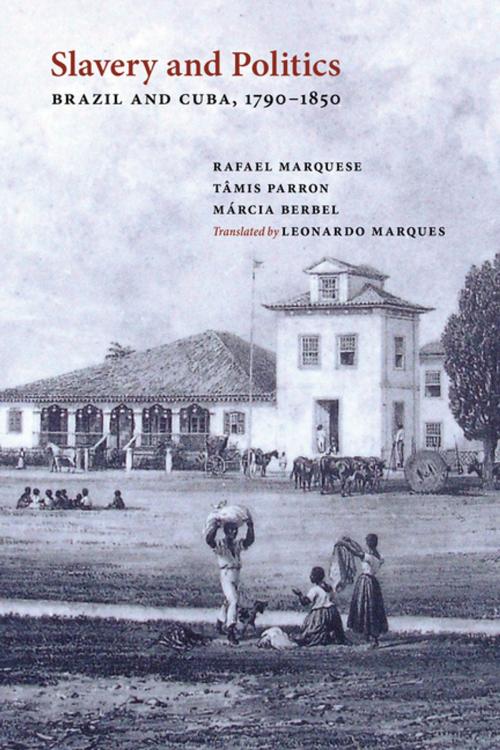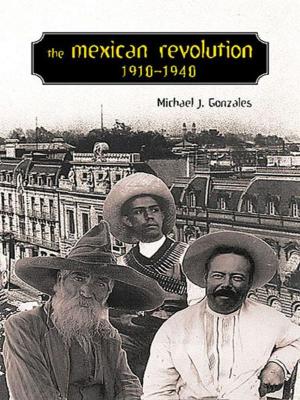Slavery and Politics
Brazil and Cuba, 1790-1850
Nonfiction, History, Americas, South America, Social & Cultural Studies, Social Science| Author: | Rafael Marquese, Tâmis Parron, Márcia Berbel | ISBN: | 9780826356499 |
| Publisher: | University of New Mexico Press | Publication: | March 15, 2016 |
| Imprint: | University of New Mexico Press | Language: | English |
| Author: | Rafael Marquese, Tâmis Parron, Márcia Berbel |
| ISBN: | 9780826356499 |
| Publisher: | University of New Mexico Press |
| Publication: | March 15, 2016 |
| Imprint: | University of New Mexico Press |
| Language: | English |
The politics of slavery and slave trade in nineteenth-century Cuba and Brazil is the subject of this acclaimed study, first published in Brazil in 2010 and now available for the first time in English. Cubans and Brazilians were geographically separate from each other, but they faced common global challenges that unified the way they re-created their slave systems between 1790 and 1850 on a basis completely departed from centuries-old colonial slavery. Here the authors examine the early arguments and strategies in favor of slavery and the slave trade and show how they were affected by the expansion of the global market for tropical goods, the American Revolution, the Haitian Revolution, the collapse of Iberian monarchies, British abolitionism, and the international pressure opposing the transatlantic slave trade. This comprehensive survey contributes to the comparative history of slavery, placing the subject in a global context rather than simply comparing the two societies as isolated units.
The politics of slavery and slave trade in nineteenth-century Cuba and Brazil is the subject of this acclaimed study, first published in Brazil in 2010 and now available for the first time in English. Cubans and Brazilians were geographically separate from each other, but they faced common global challenges that unified the way they re-created their slave systems between 1790 and 1850 on a basis completely departed from centuries-old colonial slavery. Here the authors examine the early arguments and strategies in favor of slavery and the slave trade and show how they were affected by the expansion of the global market for tropical goods, the American Revolution, the Haitian Revolution, the collapse of Iberian monarchies, British abolitionism, and the international pressure opposing the transatlantic slave trade. This comprehensive survey contributes to the comparative history of slavery, placing the subject in a global context rather than simply comparing the two societies as isolated units.















